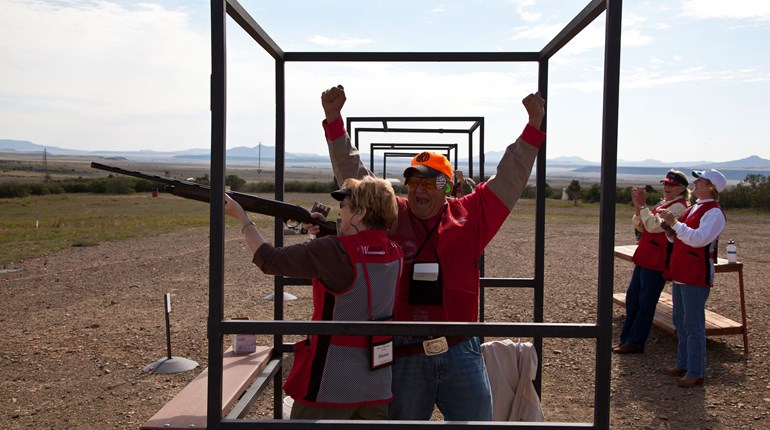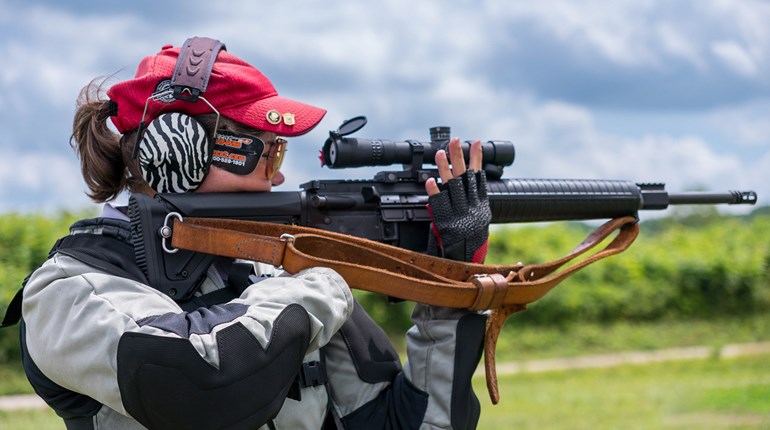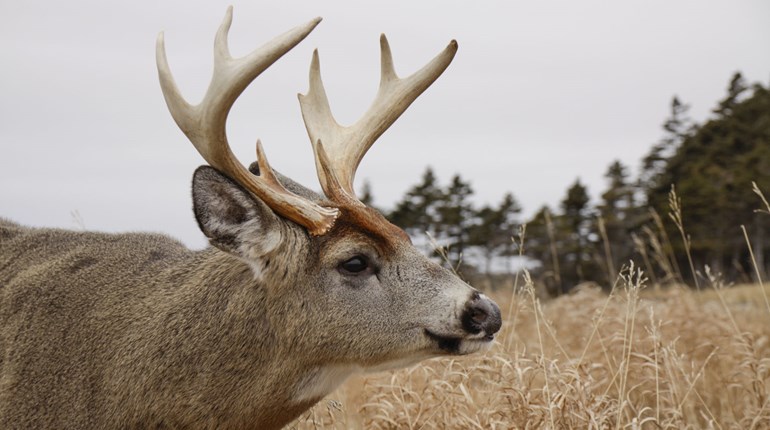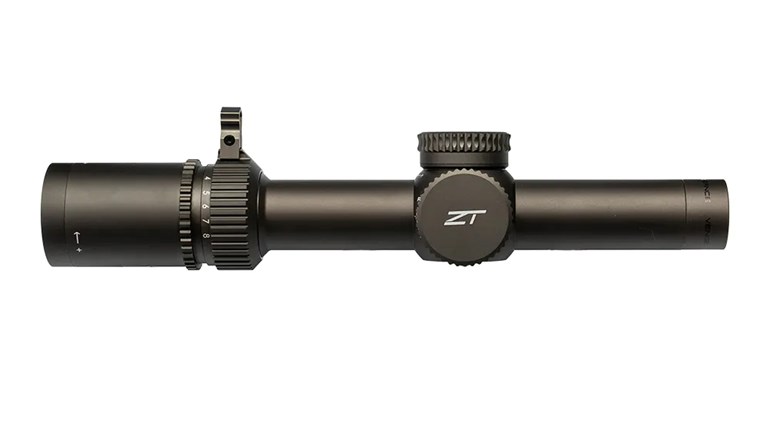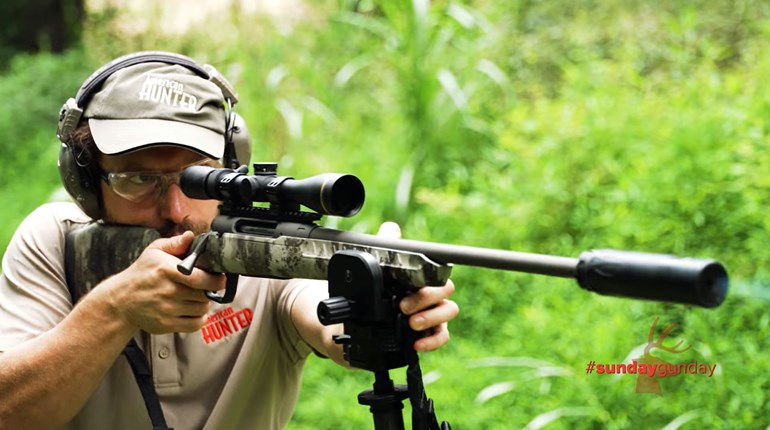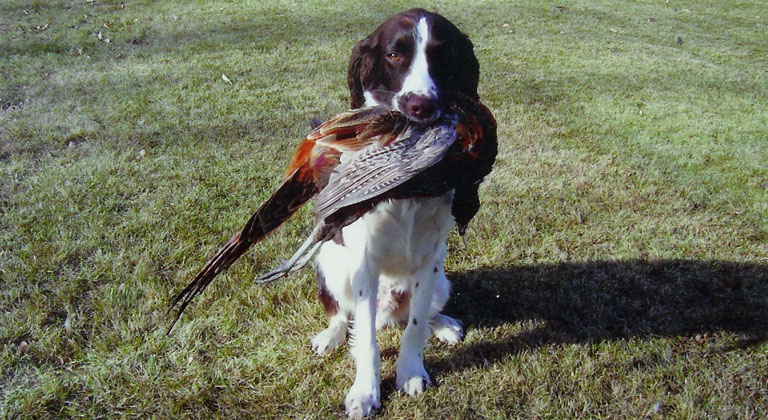
In general, hunting dogs make terrific family pets. This is because they have a deep connection and partnership with human beings that goes back thousands of years. Over the years, different breeds of dogs have emerged to answer to specific types of hunting. Each of these breeds has different abilities…but also different needs. Are you looking to add a gundog to your family? If so, even if the dog will be more of a pet than a hunting partner, it’s important to understand ahead of time how your dog’s temperament will work with your family’s life and style.
Golden retriever: Calm, affectionate and eager to please, it’s no wonder that golden retrievers are always in the top three most popular breeds in America year after year. Their gorgeous, glossy coats do require some extra care on the owner’s part: You should bathe them regularly and brush or comb them at least once a week—more frequently in the spring, when they shed. As a larger dog with loads of energy, goldens need plenty of daily exercise and do best when they have a yard to play in. Without regular exercise, this breed has a tendency to become overweight quickly.
Pointer: Like most dogs bred for hunting, pointers are affectionate with their owners and patient with kids. However, they have a very strong prey drive and might not be the best pets for households that keep small pets like rabbits. Pointers also have a great deal of energy, which is a big help when you’re covering acres of land in search of upland birds…but might be a bit much in a small house or apartment. They need lots of exercise or they might become hyperactive. A pointer owner should also commit to obedience training if the dog will be a house pet.
Beagle: Beagles are super-affectionate with adults and kids alike, but they’ve been bred to chase small animals and might take after other household pets if they’re small. When doing their duty as gundogs, they’ll “bay” as they pursue prey, and this baying is meant to be audible to the hunter from quite some distance away, so it's quite loud. As housepets, sometimes this translates to howling if they are left alone. Training can alleviate this, but the best solution is to keep them as part of a home where someone is around most of the time.
Springer spaniel: Springer spaniels love being around people, and they’re very intelligent. This means they need lots of attention from their owners, and they need to be given challenges. Like many dogs bred to hunt, they need a lot of exercise or they have a tendency to become overweight. With the “feathering” on their ears and body, they need special attention during grooming. Make sure to trim the hair between their toes and clip their claws—or have it done professionally every so often.
Labrador retriever: Like the golden retriever, the lab is also an immensely popular dog, and for very good reasons. Alert, intelligent and friendly, they get along well with people and pets. They’re so friendly, in fact, that owners shouldn’t necessarily rely on them as guard dogs—although they will bark to alert that there’s a stranger around, they’re not aggressive. You should also be careful not to overfeed them, as it’s easy for them to become overweight.















